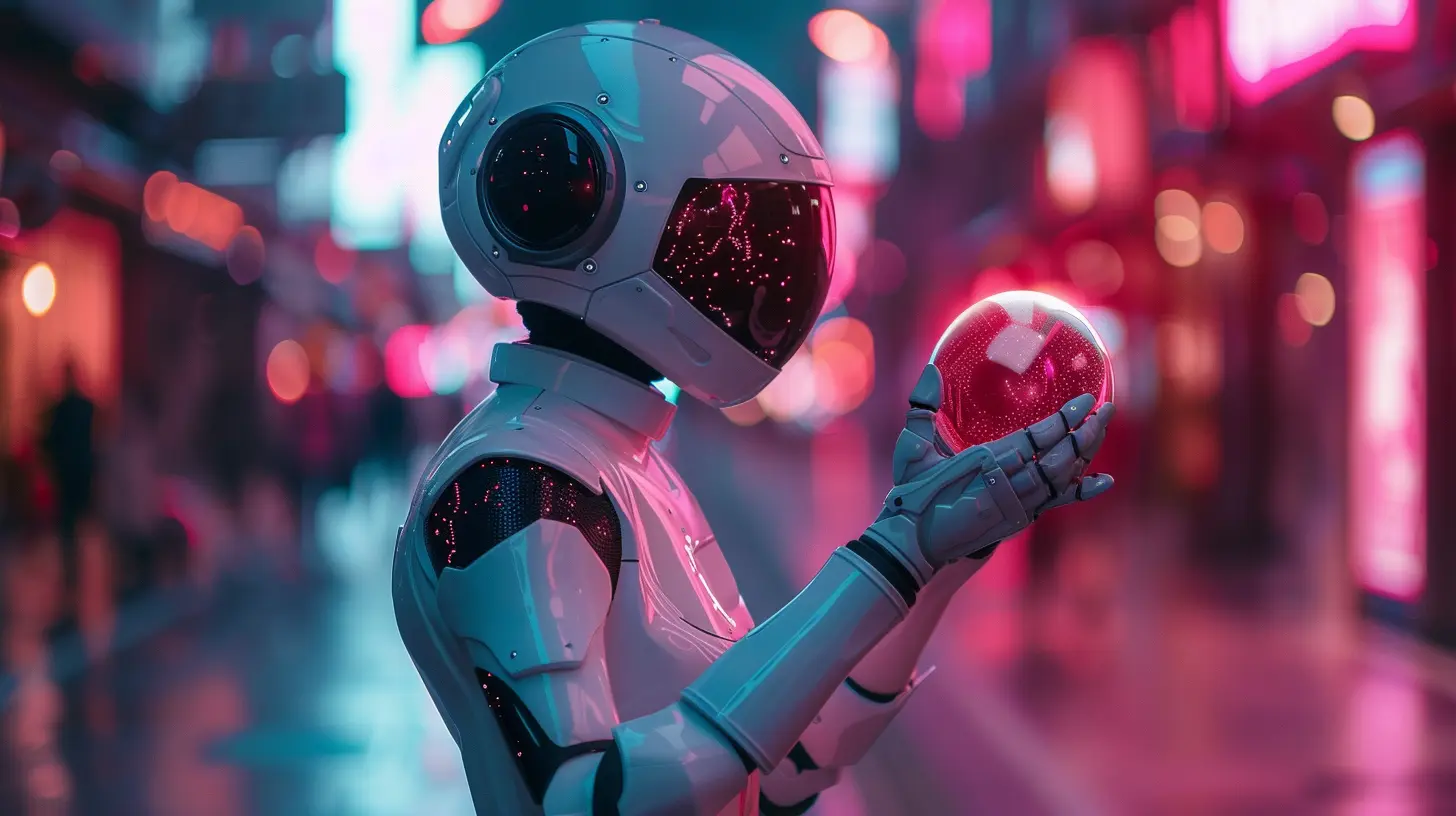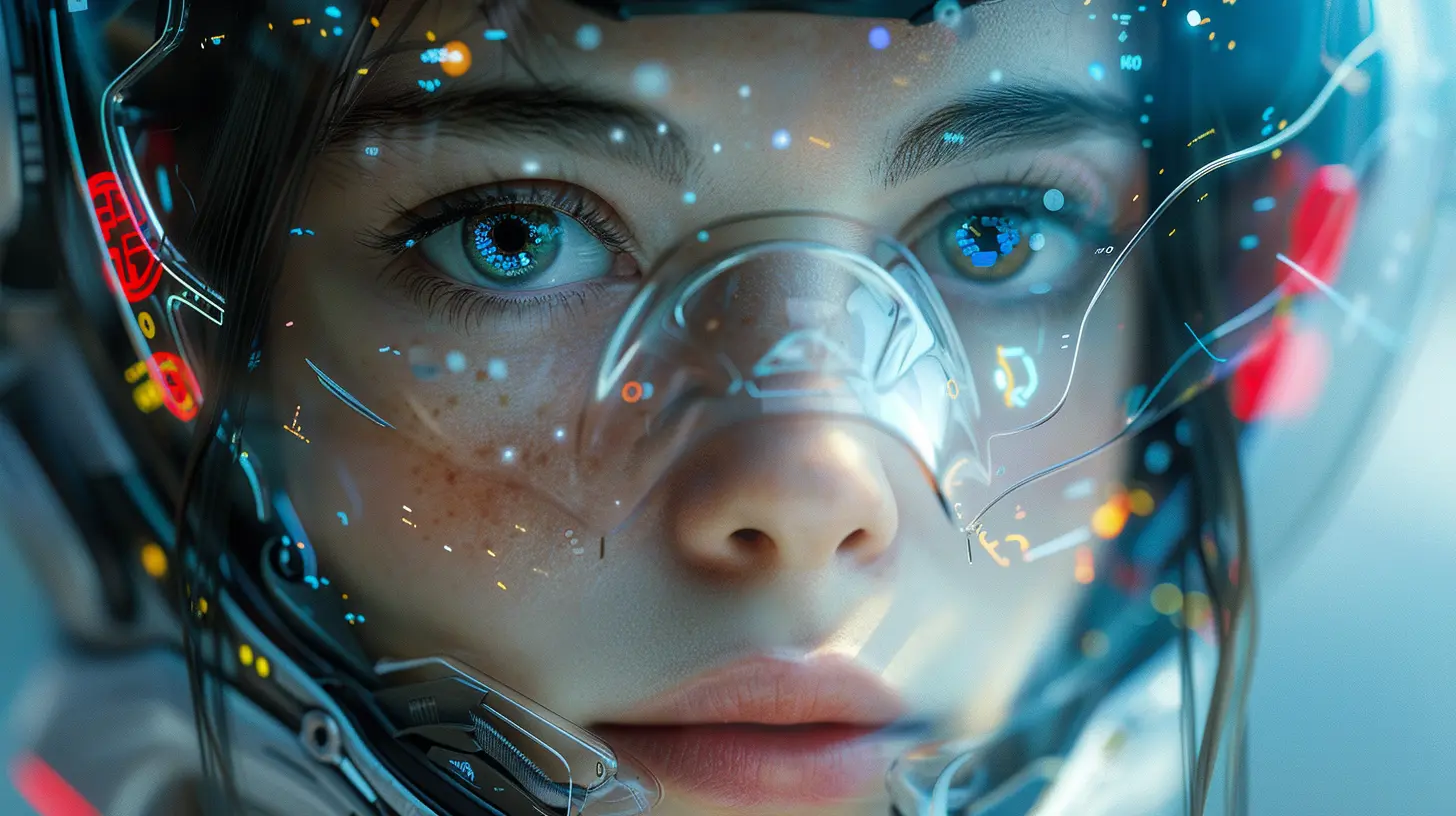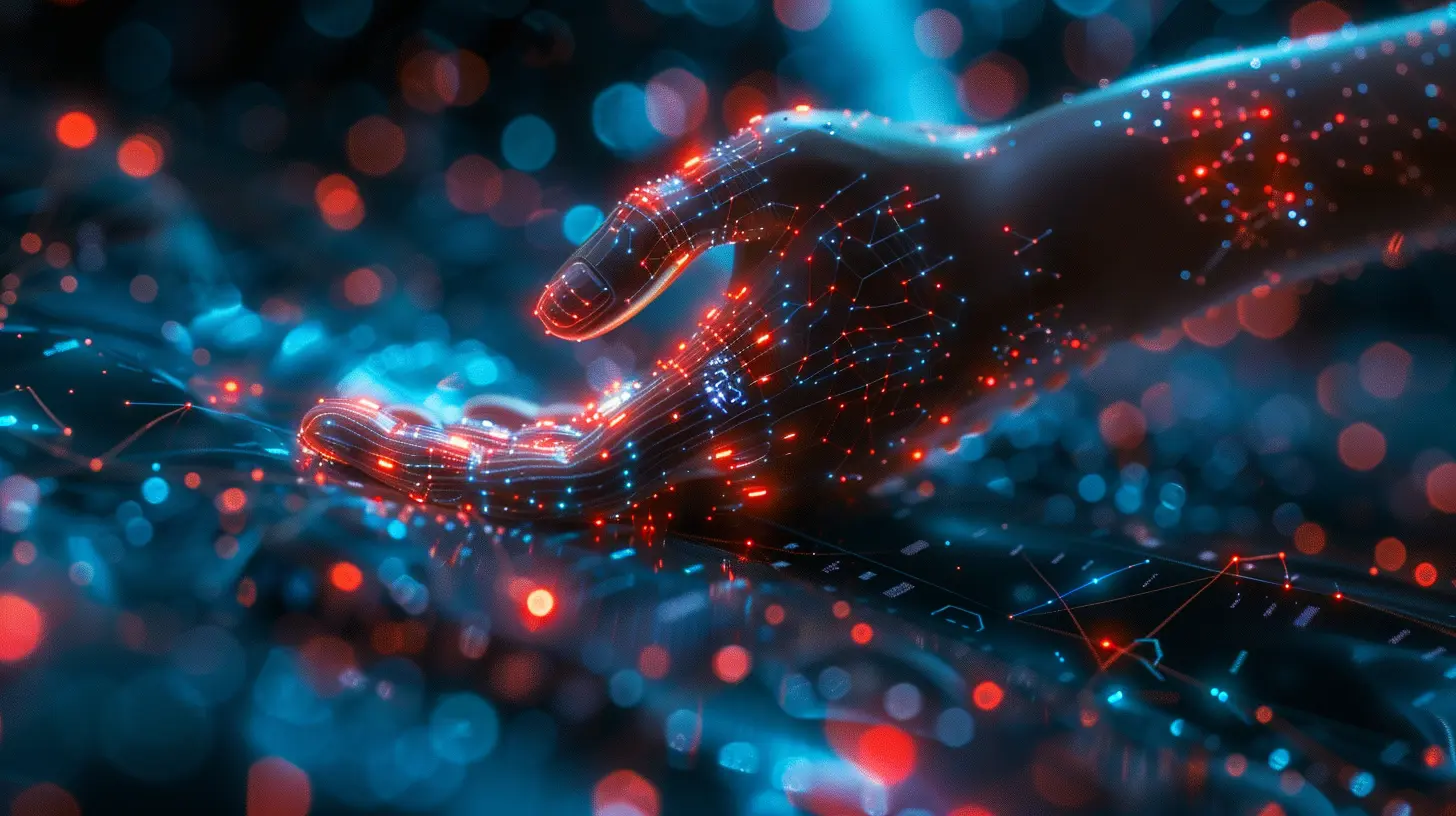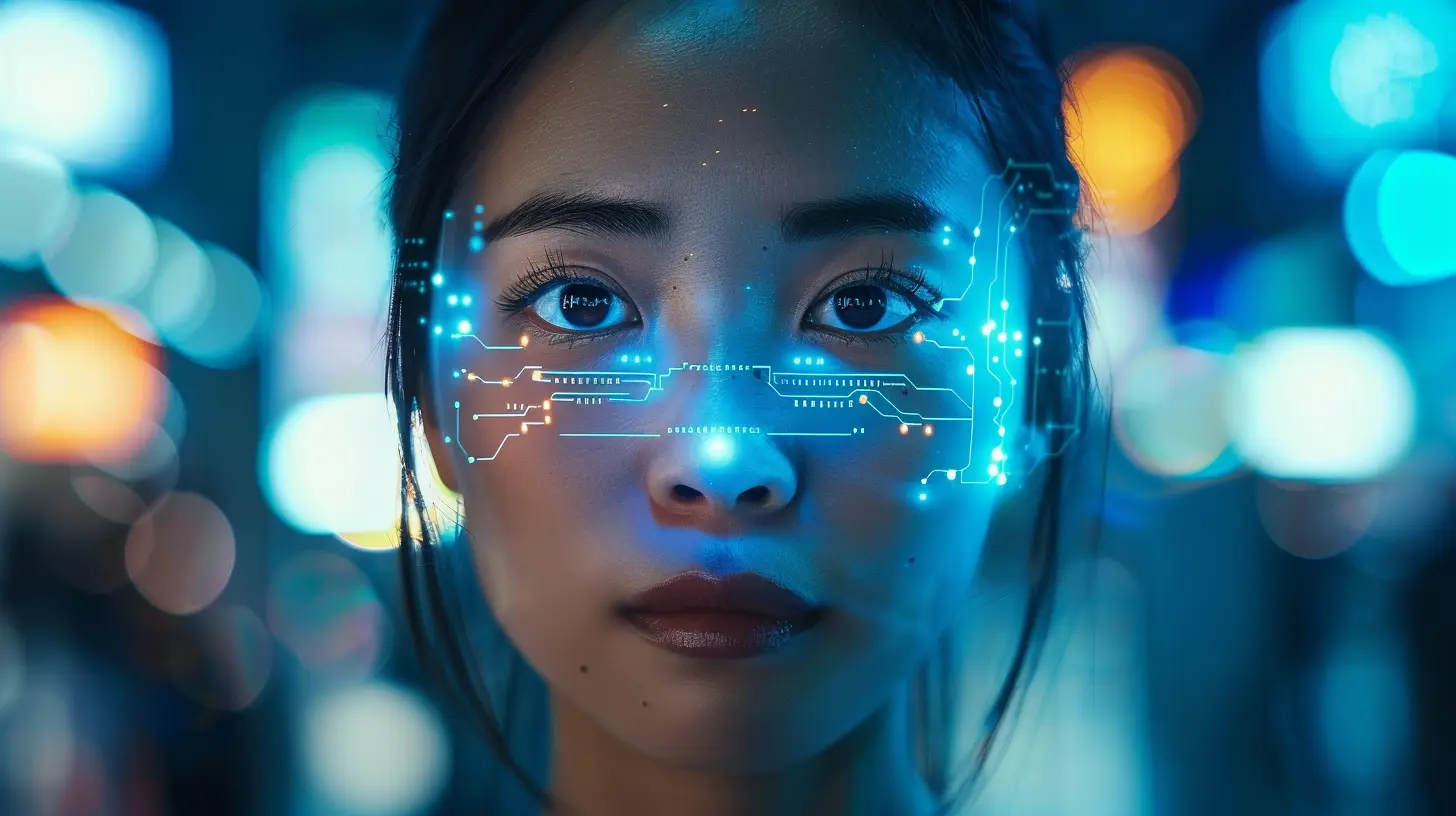The Future of Personal Assistants: From Siri to Super AI
16 April 2025
Personal assistants have come a long way since Apple introduced Siri in 2011. What started as a basic voice-activated helper has evolved into a powerful AI-driven tool that can handle complex tasks. But what’s next? Will we see fully autonomous AI assistants that understand us like a human would?
Let’s dive into the evolution of personal assistants, the challenges they face, and the future of AI-driven helpers that could revolutionize our daily lives.

The Evolution of Personal Assistants
The Early Days: Siri, Google Assistant, and Alexa
When Apple introduced Siri, it was a game-changer. For the first time, people could talk to their devices and get a response. Siri could tell you the weather, send texts, and even crack jokes. But it wasn’t perfect. It often misunderstood requests, and its capabilities were limited.Then came Google Assistant and Amazon Alexa. Google Assistant had better natural language processing (NLP) and could handle more complex queries. Alexa, on the other hand, focused on smart home integration, allowing users to control lights, thermostats, and even appliances with voice commands.
While these assistants were impressive, they were still reactive rather than proactive—they only responded when prompted.
The Rise of AI-Powered Assistants
As AI and machine learning advanced, so did personal assistants. They became smarter, more predictive, and more integrated into daily life. Google Assistant started anticipating users' needs, Siri improved its contextual awareness, and Alexa expanded its ecosystem.More companies jumped into the race, developing AI-powered assistants tailored for specific needs. Microsoft’s Cortana briefly tried to compete but later shifted toward enterprise applications. Meanwhile, Samsung’s Bixby and AI chatbots like ChatGPT introduced new approaches to personal assistance.
However, current AI assistants still have limitations. They struggle with deep conversations, complex reasoning, and true emotional intelligence. This leads us to the next frontier: super AI personal assistants.

The Future of AI Assistants: What’s Coming Next?
1. Super AI Assistants with Human-Like Understanding
The next generation of personal assistants will go beyond basic commands. Future AI will be capable of understanding context, emotions, and even intent. Imagine an assistant that doesn’t just schedule meetings but understands why you might need a break, suggesting time for relaxation based on your stress levels.These AI assistants will rely more on deep learning and improved NLP, enabling them to hold natural conversations. No more robotic responses—just fluid, intelligent discussions.
2. Full Personalization and Predictive Assistance
AI assistants will soon know you better than you know yourself. They’ll analyze your habits, from your morning routine to your preferred workout times, and proactively offer assistance.For example, if you tend to order coffee every morning at 8 AM, your assistant might automatically place the order and tell you if there’s a delay. If your regular route to work is congested, it will suggest leaving earlier or taking an alternative path.
This level of personalization will make AI assistants feel more like a digital extension of ourselves rather than just tools.
3. Multi-Modal Interactions: Text, Voice, and Vision
Right now, most personal assistants rely on voice or text commands. But the future of AI assistants involves multi-modal interaction—understanding voice, text, gestures, and even facial expressions.Imagine walking into your house, looking frustrated, and your assistant responding:
"You seem stressed. Would you like me to play some relaxing music or schedule a mindfulness session?"
With advancements in AI vision, assistants could recognize emotions, read body language, and adjust their responses accordingly, making interactions feel more natural.
4. Seamless Integration with Smart Devices and IoT
IoT (Internet of Things) is already transforming how we interact with technology, but AI assistants will take it to the next level.Future AI assistants will:
- Manage your smart home effortlessly (adjust lighting, optimize energy use, and lock doors automatically).
- Sync with your car to provide real-time traffic updates and adjust preferences before you even step inside.
- Work with wearable devices to track your health and give personalized fitness or wellness advice.
Instead of juggling multiple apps and devices, a single AI assistant will handle everything effortlessly.
5. AI That Learns and Evolves with You
One of the biggest limitations of today’s personal assistants is that they don’t truly evolve. They follow pre-programmed rules and require manual updates.The future of AI assistants will involve continuous learning—understanding your evolving preferences, adapting to new environments, and even learning from past interactions.
For example, if you start learning a new language, your AI assistant might gradually introduce phrases during conversations to help you practice. If you suddenly change your eating habits, it will adjust its recommendations accordingly.
6. AI with Enhanced Emotional Intelligence
Right now, AI assistants don't really “get” emotions. Sure, they can recognize certain keywords, but they lack true emotional intelligence.However, future AI assistants will be able to detect mood changes based on tone, speech patterns, and even facial expressions. They’ll offer comfort, motivation, or even just a friendly conversation when you need it.
Imagine telling your assistant, "I had a rough day," and instead of a generic response, it replies:
"I’m sorry to hear that. Would you like to talk about it, or should I queue up your favorite movie to help you unwind?"
That level of emotional awareness could make AI assistants more supportive than ever before.
7. Ethical AI and Privacy-Centric Assistants
With great power comes great responsibility. One of the biggest concerns about AI assistants is privacy.Big tech companies collect a lot of data to improve AI performance, but that comes with risks. Future AI assistants will prioritize ethical AI and privacy-driven models, ensuring that data is protected, encrypted, and even processed locally instead of being sent to the cloud.
We might also see decentralized AI assistants—ones that don’t rely on a central company but instead operate securely on personal devices, giving users full control over their data.

The Challenges Ahead
While the future of AI assistants is exciting, it’s not without its challenges.- Bias in AI: If AI learns from biased data, it can reinforce harmful stereotypes. Developers must ensure unbiased training models.
- Privacy concerns: The more AI assistants know about us, the greater the risk of data breaches. Strong security measures will be crucial.
- Dependence on AI: With ultra-smart assistants, will we become too reliant on technology for basic decisions?
- Loss of human jobs: Advanced AI could replace many customer service roles and administrative positions, raising concerns about employment shifts.
Despite these challenges, the benefits far outweigh the risks. AI personal assistants have the potential to simplify our lives, enhance productivity, and even provide companionship.

Final Thoughts
From Siri to Super AI, personal assistants are evolving faster than ever. What started as a simple voice-activated tool has the potential to become a fully autonomous, deeply intelligent digital companion.The future AI assistant won’t just respond to commands—it will anticipate needs, understand emotions, and seamlessly integrate into daily life. While challenges remain, the possibilities are endless.
Are we ready for super AI assistants? Only time will tell. But one thing is certain—the way we interact with technology is about to change forever.
all images in this post were generated using AI tools
Category:
Future TechAuthor:

John Peterson
Discussion
rate this article
8 comments
Uriel McCray
This article brilliantly captures the evolution of personal assistants. As AI technology advances, we’re moving towards an era of incredibly capable assistants that truly understand us. However, ethical considerations and privacy concerns must be prioritized to ensure these tools serve humanity responsibly.
May 10, 2025 at 2:28 AM

John Peterson
Thank you for your insightful comment! I completely agree that while AI personal assistants evolve, addressing ethical and privacy concerns is essential for their responsible integration into our lives.
Ember Underwood
Embrace the evolution! Super AI will revolutionize our lives, enhancing productivity and creativity!
April 29, 2025 at 8:57 PM

John Peterson
Absolutely! Embracing super AI will unlock unprecedented potential in productivity and creativity, transforming how we interact with technology.
Zephyris Lane
Great read! It's fascinating to see how personal assistants have evolved. I can't wait to see how AI will make our lives even easier and more connected!
April 29, 2025 at 3:06 AM

John Peterson
Thank you! I'm excited too—it's incredible how quickly technology is advancing and reshaping our daily lives!
Zyana Wilcox
Fascinating evolution! How will super AI transform our daily routines and reshape our interactions with technology in the future?
April 27, 2025 at 12:29 PM

John Peterson
Super AI could revolutionize daily routines by providing highly personalized assistance, anticipating needs, and seamlessly integrating into our lives, making technology more intuitive and our interactions more efficient.
Seraphis Harmon
Evolution sparks user potential.
April 22, 2025 at 2:57 AM

John Peterson
Thank you for your comment! Evolution in AI indeed unlocks new possibilities for personal assistants, enhancing user experience and performance.
Candace Clarke
Can’t wait for my personal assistant to brew coffee and read my mind—Siri, you’ve got competition coming!
April 21, 2025 at 12:43 PM

John Peterson
Thanks for your enthusiasm! The future of personal assistants holds exciting possibilities, and competition will certainly drive innovation!
Georgina Taylor
The evolution of personal assistants marks an exciting frontier in technology! As we transition from basic AI like Siri to advanced super intelligences, we unlock endless possibilities that will redefine how we live, work, and connect.
April 20, 2025 at 4:58 AM

John Peterson
Thank you for your enthusiasm! Indeed, the evolution of personal assistants is transforming our interactions and opens up incredible possibilities for the future.
Zeno White
Great insights on the evolution of personal assistants! It's fascinating to see how technology is shaping our interactions. Excited to witness the advancements in AI and their impact on our daily lives!
April 19, 2025 at 10:20 AM

John Peterson
Thank you! I'm glad you found the insights interesting. The advancements in AI are indeed exciting and will significantly transform our interactions.
MORE POSTS

How Fintech is Simplifying Crowdfunding for Entrepreneurs

How Biohacking Will Shape the Future of Human Enhancement

Big Data in Real Estate: Transforming Property Management

The Rise of No-Code Platforms: Are They Replacing Traditional Developer Tools?

The Role of Battery Innovation in Decentralized Energy Systems

The Importance of Data Quality in Big Data Projects